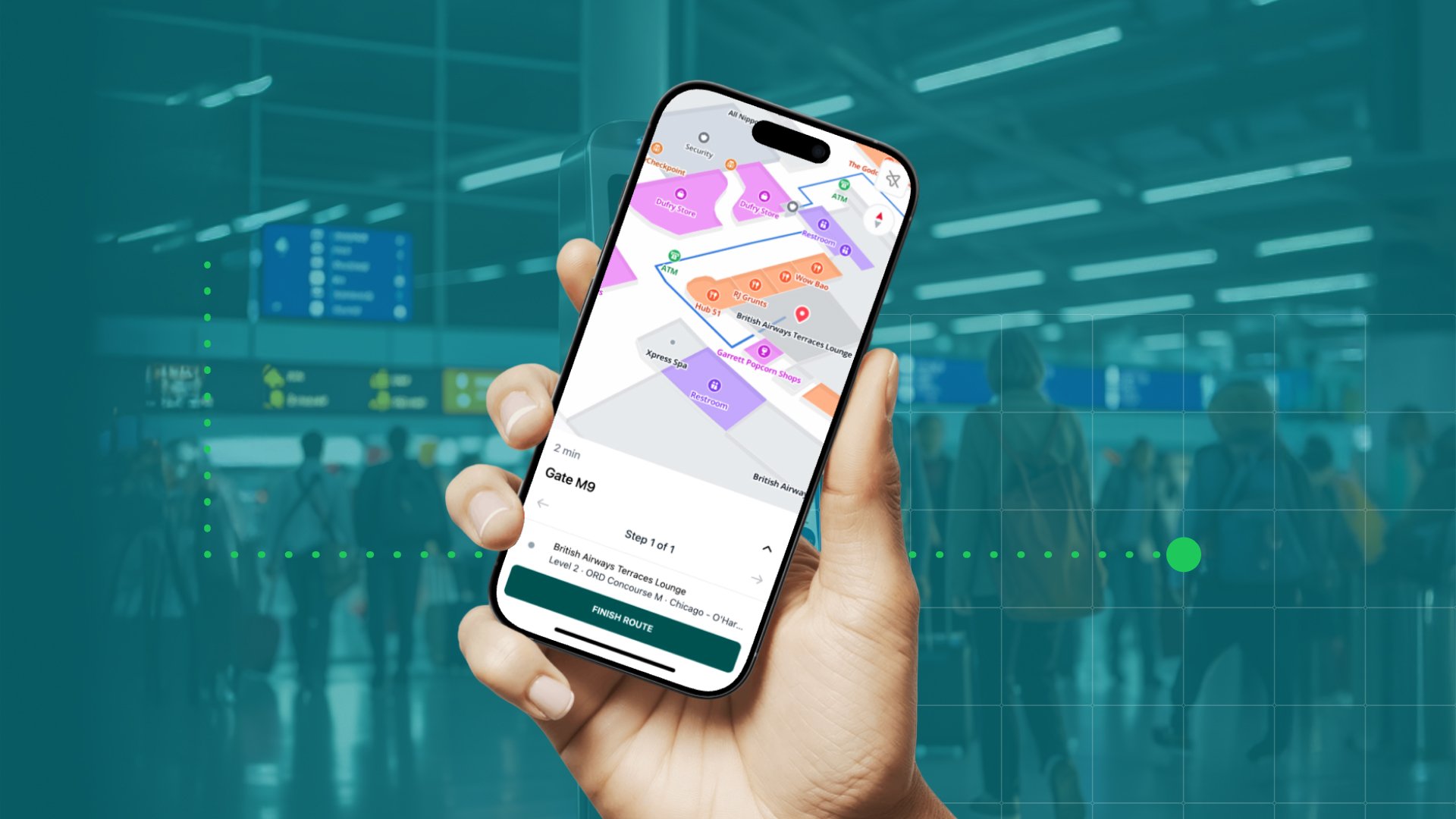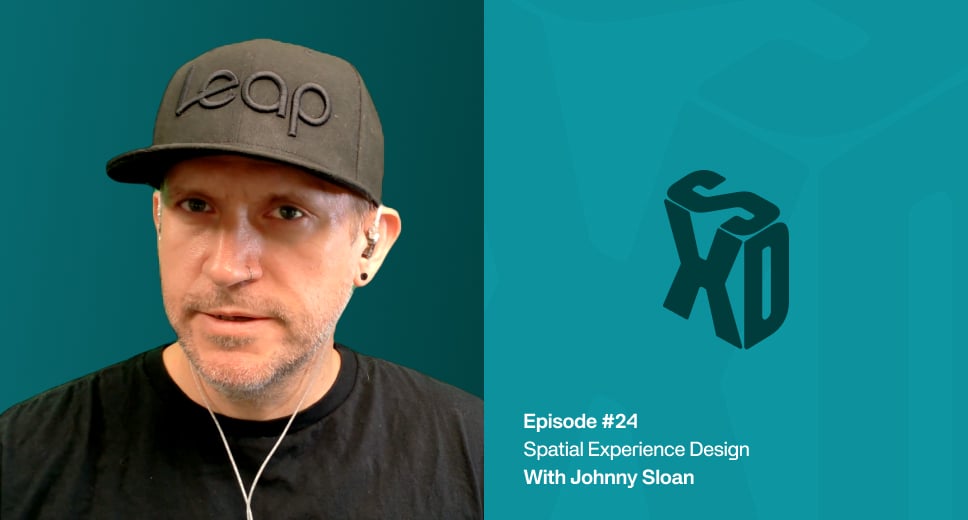If you’re a healthcare professional, I think you’ll agree with me when I say that interruptions, stress, and missed appointments are three dominating problems in the healthcare industry. These problems lead to errors that pose a risk to patient safety, costly inefficiencies, bad work environment, poor patient and visitor experience, and possibly a bad reputation that can affect the bottom line. But that’s not all. Besides from the collateral damage they may bring with them, they all to some extend derive from the same common hospital challenge: wayfinding.
As hospitals and other healthcare complexes are often large buildings of never ending corridors, it’s not uncommon for neither patients nor staff to get lost in the mazes, but there is a solution. In this blog we deep dive into some of the major healthcare problems to show you how they can be reduced with indoor navigation.
1. “Excuse me, where do I find the..”
When people feel lost, they tend to ask for help. And when patients or visitors in a hospital feel unsure of where they are or how they’ll reach their destination, they’ll interrupt staff even though they’re engaged in other activities1. Giving directions may not take more than a few minutes or less of staff’s time, but what if hundreds of thousands of people do that during the year? A study of Emory University Hospital estimated that employees at regional hospitals spend 4,500 hours giving directions over the course of a year2. Not only is this wasteful use of valuable resources, it’s also posing a risk to patient safety.
Nurses are interrupted as often as once every two minutes. When staff gets interrupted, the risk of error increases 12,7% with each interruption. This means that the risk of a harmful medical error is doubled if a nurse administering medications is interrupted four times and tripled if she’s interrupted six times3.
In today’s digital world people turn to their phone when they need help. Turning to smartphones to find a solution to just about any challenge we encounter is (becoming) part of our DNA - at least for the digital natives. That’s why digital indoor navigation is a powerful tool when you want to help people navigate your hospital as it uses the tool that's already glued to their hands, the smartphone.

2. Are you stressing stressed patients?
The ability to successfully navigate in healthcare complexes is an important goal for patients, visitors, and staff. Healthcare facilities are stressful environments and a difficult journey to the end destination exacerbates the discomfort and anxiety of accessing healthcare services. The importance of wayfinding is underlined by the fact that the frustration that comes from getting lost is one of the top complaints by visitors to healthcare facilities4.
According to Deloitte Digital, 30% of first-time visitors get confused and lost in hospitals5 and nearly half of doctors experience getting lost on their way to a crash call6. However, patients and visitors may not even make it to the entrance as figuring out where to park is the first challenge that awaits them. Healthcare complexes have multiple car parks, but not all are suitable for patients and/or visitors. A good wayfinding solution takes people from their true point of origin - their home - to their end destination including guiding them to the right parking area and entrance.
3. How much is missed appointments costing you?
Around 6,9m outpatient appointments, each costing an average of £108, are missed each year in the UK and doctors attribute a significant fraction of these to navigation problems7. This means that missed appointments may cost British hospitals hundreds of millions of pounds each year. Add to that the $220,000 that wayfinding problems was showed to cost Emory University Hospital8 and the costs of maintaining traditional signage (which is barely viewed anyways).
Digital indoor navigation is a cost-effective wayfinding solution that allows hospitals to update their map themselves. This way, maintenance costs are almost eliminated and costs linked to missed appointments and wayfinding problems can be heavily reduced, but there’s more. When people are stressed or anxious - which is often the case at hospitals - they can lose focus and misread wayfinding cues9. In US hospitals are required to have a HCAHPS (Hospital Consumer Assessment of Healthcare Providers and Systems) which is a national, standardized, publicly reported survey of patients' perspectives of hospital care. However, studies have shown that patients judge quality healthcare based on what they know, such as their experience of the environment and staff interaction rather than clinical procedures10. In other words, patients are likely to base their review on, for instance, wayfinding difficulties, thus giving a bad review even though the clinical procedures may have been outstanding. As the survey is publicly reported, this has consequences for hospitals’ reputation, but it also affects the bottom line as the US government reimburses hospitals based on their HCAHPS scores.
If you want to learn more about what indoor navigation can do for your healthcare facility, check out MapsIndoors for hospitals or reach out to our navigation experts.
1) https://www.ncbi.nlm.nih.gov/pmc/articles/PMC4287692/
2) http://the-magazine.org/34/not-all-who-wander-are-lost#fn:ZIM
3) https://www.ismp.org/resources/side-tracks-safety-express-interruptions-lead-errors-and-unfinished-wait-what-was-i-doing
4) https://www.lhsigns.com/importance-wayfinding-hospitals.html
5) https://www.medelita.com/blog/lost-inside-hospital-mega-complexes-wayfinding/
6) https://www.ncbi.nlm.nih.gov/pmc/articles/PMC4336458/
7) https://www.theguardian.com/healthcare-network/2015/mar/05/lost-hospitals-costs-nhs-patients-navigation
8) https://www.ncbi.nlm.nih.gov/pmc/articles/PMC4287692/
9) https://www.tandfonline.com/doi/pdf/10.1080/14606925.2017.1352767
10) https://www.tandfonline.com/doi/pdf/10.1080/14606925.2017.1352767
October 25, 2018
.jpg)




.png)